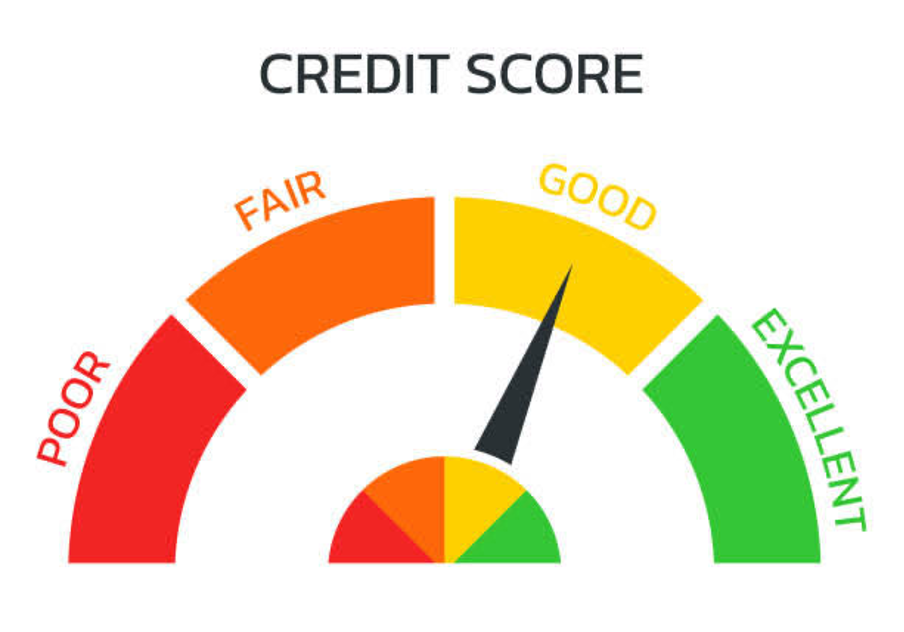A person’s credit score determines the risk of lending money to that individual by a lending company. Generally, Cebu mortgage bankers and credit card companies check a person’s credit score when deciding about the amount they are willing to lend and at what rate of interest. Landlords, employers and insurance companies, may also want to check your credit score in order to know how determined you are towards your financial responsibilities. It is therefore handy to know about the various factors that affect your credit score:
- The percentage of your borrowing limit
The credit companies will check the details of the accounts that have balances, and the score of your credit rating. Put simply, the more you owe the lower is your credit score. This reduces the likeliness of sanctioning a loan. In addition you may not be able to attain the benefits to achieve your financial goals.
- How Often You Pay Off Your Dues
The percentage of your on-time payments signifies whether you make your payments on time or not. It is one of the heavily weighted factors taken into consideration by the lenders when calculating a credit score. Just two or three late payments and it would adversely affect your credit score. This component considers the following factors-
- How often you pay off your bills? The figure of your score will be low if you don’t make the payments well in time.
- Have you any debt settlements, charge offs, foreclosures, bankruptcies, wage attachments, suits, judgments and/or liens against you?
- Average Open Credit Lines
The age of your open mortgages, credit cards, student loans, auto loans, and other lines of credit affect your credit report to a huge extent. If you have a lengthy credit history, lenders can assess the accuracy of your creditworthiness. This is a positive sign, indeed. It will indicate that you’ve been able to manage your credit successfully over an extended period.
It is because of this reason it isn’t wise to close your oldest credit card account. The closure will reduce your available credit as the length of your credit lines will be reduced. This will increase your credit utilization rate possibly. So think carefully before closing an old credit card account. Avoid it as far as possible.
- Number of Accounts
The credit score is the sum of total number of student and auto loans, mortgages, credit cards, and other lines of credit you have. The higher the number of credit accounts the better is the credit score, as it will display approval from a greater number of lenders. Furthermore, having several types of credit – both instalment and revolving in your profile will enhance your creditworthiness.
The Bottom Line
A credit score isn’t merely a sum of your credit lines. It plays an extremely important role in getting the loans sanctioned. It is also a significant factor in deciding the interest rates. You need not obsess over any particular guideline to influence the lenders to offer you best rate of interest. Prudent management of your credit repayments will ensure a clean credit history.

Leave a Reply